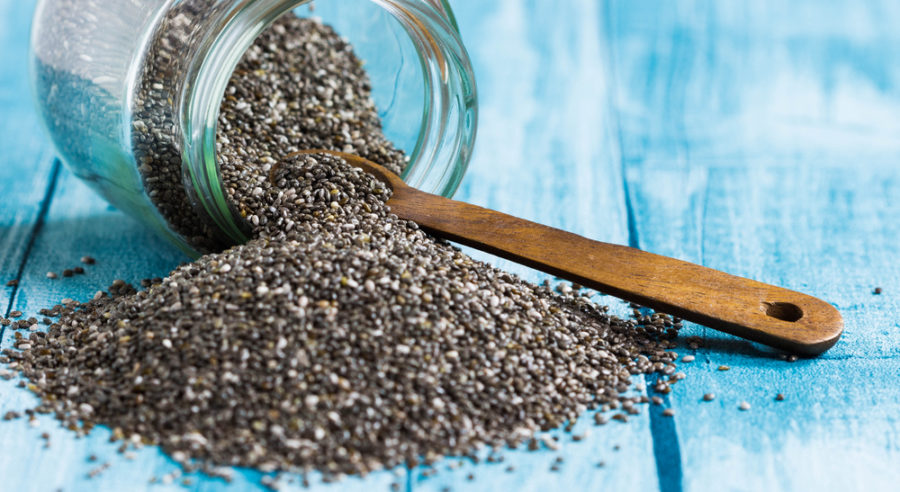Cod liver oil sustains brain health and supports the immune system. It also helps our cats and dogs look good by nourishing their coats to a gloss that radiates optimum health.
There’s something intuitive about treating our own stiff joints with oil, and science long ago proved our hunch was on-track. The health value of ingesting cod liver oil with its essential fatty acids EPA and DHA is well supported by research. Eicosapentaenoic acid (EPA) and docahexaenoic acid (DHA) are the long-chain omega-3 fatty acids shown to reduce inflammation and strengthen bones and joints. Lucky for us, they are found preformed in fish oil.
When we see our beloved pet struggling to climb stairs or jump into the car, we can reach for cod liver oil to help them, too. But we needn’t wait until their mobility suffers. Young animals benefit from cod liver oil’s fatty acids and omega 3s. In fact, they provide the foundation for flexible joints, a strong heart, good eyesight, healthy skin and coat–and just plain energy. When age does catch up with our dog, veterinarians now commonly suggest a cod liver oil supplement.
Cats are vulnerable to the aging process, as well. However, because cats tend to adapt their mobility to avoid pain, we may not identify their symptoms–or its causes–as readily. We may take our cat’s decreased activity, less frequent grooming, or defecating outside the litter box as signs of ageing rather than early signs of osteoarthritis. Studies indicate 22-72 percent of cats over six years of age will develop degenerative conditions, with the spine, elbow and hip joints, shoulders and tarsi (ankle bone) most commonly affected.
According to a study from Utrecht University in the Netherlands, adding fish oil to the diet of cats with osteoarthritis showed encouraging outcomes. Twenty-one cats with confirmed osteoarthritis took part in the 20-week study. Any supplements or pain medications were discontinued two weeks before the trial began. Then, a dry food diet was supplemented either with corn oil that smelled like fish, but contained no omega-3, EPA/DHA fatty acids or it was supplemented with fish oil containing omega-3, EPA and DHA. Owners and experimenters were unaware of which oil the cats were receiving. Results indicated that the cats ingesting fish oil, not corn oil, were less stiff, walked up and down stairs more frequently, jumped higher and interacted more with their owners.







